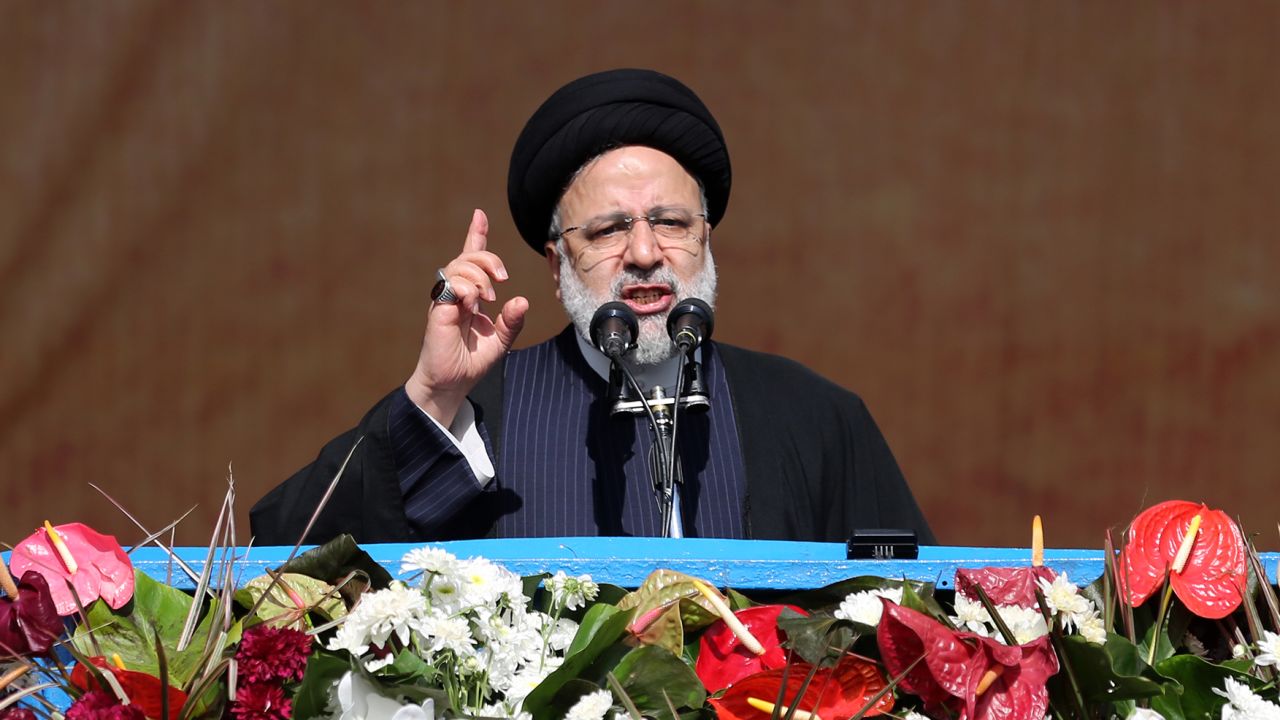Ebrahim Raisi's Death Sparks Political Turmoil in Iran
In a tragic helicopter crash over the mountains of Iran, President Ebrahim Raisi and Foreign Minister Hossein Amir Abdollahian, along with several other senior officials, were confirmed dead. The incident, which occurred amidst thick fog, has thrown Iran’s political landscape into chaos. Raisi, a hardline figure closely aligned with Supreme Leader Ali Khamenei, was considered a potential successor to Khamenei, whose advanced age of 85 has led to significant succession speculation.
Contenders for Leadership in Post-Raisi Iran
The sudden death of Raisi has intensified the power struggle for Iran's presidency, a position poised to influence the election of the next supreme leader. Key figures like Mohammed Bagher Ghalibaf, speaker of the parliament and former general in the Revolutionary Guard, emerge prominently in this contest. Known for his conservative opportunism, Ghalibaf’s ambitions have previously been thwarted, yet the current vacuum might offer him a pivotal opportunity despite recent electoral setbacks.
Another name often whispered in the corridors of power is Moschtaba Khamenei, the reclusive son of the Supreme Leader. Although speculated to have significant influence behind the scenes, his potential ascension to religious leadership remains uncertain due to the revolutionary foundations of the Islamic Republic that resist a dynastic succession model.
An Anxious Iran Watches the Regional Consequences
The loss of Raisi comes at a delicate time for Iran, as the Middle East teeters on the edge of broader conflict. Iran’s backing of militant groups like Hamas, Hezbollah, and the Houthis underscores its pivotal role in regional power dynamics. Recent confrontations, such as those with Israel over attacks in Damascus, highlight the fragile geopolitical situation.
Iran's involvement extends beyond its borders to other conflicts such as Russia's war in Ukraine, where it supplies military drones. This intertwining of Iran with global issues places additional pressure on its internal political stability.
Despite Raisi’s hardline governance, including severe crackdowns on dissent and human rights abuses, his death has not opened a clear path for moderate or reformist voices within Iran. The powerful Islamic Revolutionary Guard Corps (IRGC) remains a dominant force, ensuring that whoever assumes power will likely continue the regime’s strict policies, leaving the population’s growing demand for freedom and reforms largely unaddressed.
- Hassan Rouhani, often seen as a more moderate figure in the West, also finds himself marginalized within Iran’s power structures. Though his tenure saw a brief period of optimism with the 2015 Vienna nuclear deal, his influence has diminished, especially among the younger, change-seeking population. Other moderate politicians like Mohammed Chatami and Mohammed Javad Zarif face similar sidelining.
- Observers speculate that the upcoming presidential elections could see a moderate allowed to run under the guise of national reconciliation, though the chances for substantial change seem slim given the entrenched power of conservative factions.
- Iran’s Revolutionary Guard not only represents a formidable military presence but also controls substantial economic resources, including interests in various industries such as hospitality, telecommunications, and aviation. This economic empire further consolidates their influence over political affairs.






